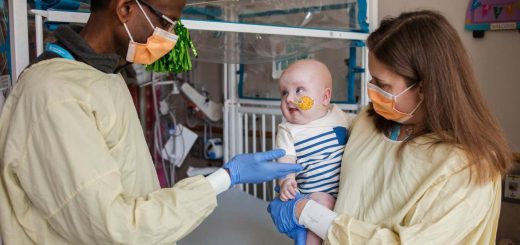NHS talking therapies seem to be less effective for younger adults
People aged 16 to 24 appear to get less out of NHS talking therapies for anxiety and depression than those aged 25 to 65
By Christa Lesté-Lasserre
6 August 2025
NHS talking therapies give people access to science-based self-help interventions and psychotherapy
Galina Zhigalova/Getty Images
A type of psychotherapy available on the national health service (NHS) in England seems to benefit teens and young adults with anxiety and depression less than their working-age counterparts.
Clinical trials looking into effects of psychotherapy for common conditions such as anxiety and depression have mostly targeted working-age adults, despite often first appearing in adolescence and young adulthood, says Argyris Stringaris at University College London.
Read more
The new evidence that explains what anxiety really is
Advertisement
In 2008, NHS England initiated a programme to increase people’s access to science-based self-help interventions and psychotherapy. Now known as the NHS talking therapies for anxiety and depression, it offers researchers a large database of anonymous information about users, therapies and outcomes.
Stringaris and his colleagues used this data to analyse outcomes for more than 1.5 million people who used the talking therapies from 2015 to 2019. Just over 1.2 million of them were aged 25 to 65, while the rest were aged 16 to 24. Around two-thirds in both groups were girls or women.
The researchers compared changes in their symptom severity before and after therapy, measured via answers to two standard self-assessment surveys used for this, the Patient Health Questionnaire-9 and the Generalised Anxiety Disorder Scale 7-item.


